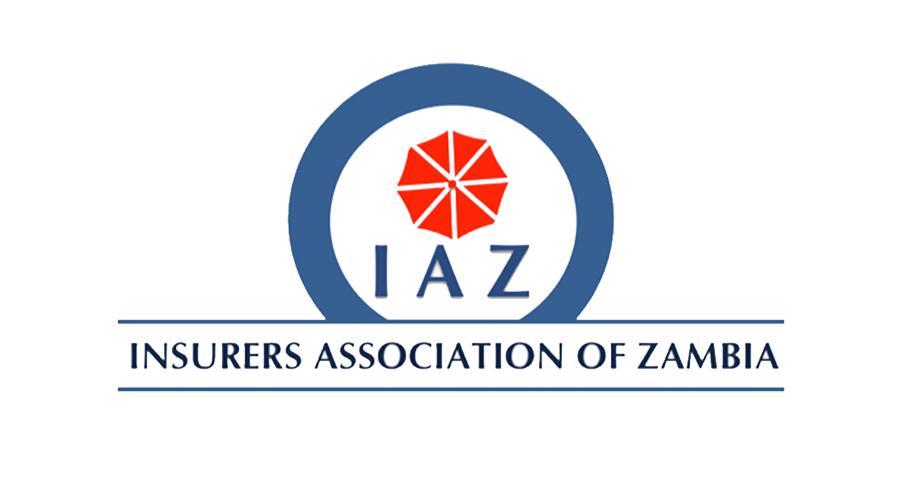Many times people feel cheated when an insurance claim is not settled. While some cases might have their own mitigating factors, there are some clear situations which will work against you every time, and if you can avoid these situations, you can avoid having a claim rejected by an insurance company.
Picture the scene where a runner is on the race track. He leaves all the other runners a few metres behind and bolts across the finish line, hands raised in triumph. An official approaches and speaks to him, a concerned crowd wondering what is happening. The downcast runner walks off the field. He has been disqualified for crossing his lane in the relay race. Insurance also has rules, and like everything else, we are rewarded when we act within the rules. To avoid disappointment, here are some things you have to avoid, because they lead to a rejected or disqualified claim.
- No cover or expired cover
The most obvious reason is expired cover or lack of cover. Insurance is a contract that also states the time period that cover is valid (e.g. 1st July 2014 to 30th June 2015). If the individual shows up 3 months after expiry, he should not raise his hopes that the claim will be settled.
- Under the influence of alcohol
Drunk driving is not only an exclusion but it is dangerous and illegal. I remember one late night driver who, in his intoxicated wisdom, thought that passing over the roundabout made more sense that going around it. Needless to say, his car was no longer in mint condition! Any insurer would think twice before entertaining that claim. The mantra that says “Don’t drink and drive” can never be repeated too often.
- Late notification
Most insurance policies state a limit to how much time can pass between an accident and lodging a claim. For example, an insurer may declare 21 days or 30 days as the limit. After that time period, it is at the insurer’s discretion whether to entertain the claim or not. It is important to report an accident when it happens, or at least within a few days, even if all the documents are not yet processed, such as the police report. The insurer must always be in the know.
- Unlicensed driver
This point is in black and white. An unlicensed driver should not sit behind the steering wheel. Unless he is a learner driver under instruction and there are clear “L” plates on the vehicle. Even then, there is the provisional license that all learners must secure before they start their lessons.
- Undeclared costly modifications (on comprehensively cover vehicles)
This one doesn’t normally lead to a rejected claim, but the pay-out may be lower than what the owner hoped for. Perhaps someone has bought an expensive set of mag rims. This has to be declared, even if they are added half way through the policy period. Imagine his shock when a standard amount is paid as compensation for his costly mag rims.
- Change of ownership
If a vehicle changes hands and the new owner has an accident, he cannot rely on the old insurance cover to pay for repairs. As soon as ownership changed, the insurance cover became null and void. This applies even if there was another month of cover on the old policy. Insurance is tied to the owner, who has what is called “insurable interest” on the vehicle. In the case of property, you cannot insure against your name what you do not own.
There may be other scenarios, depending on the exact motor policy. But these are generally the scenarios that keep popping up again and again. We hope this information will help you make informed decisions about insurance and what to expect in a claims scenario.
